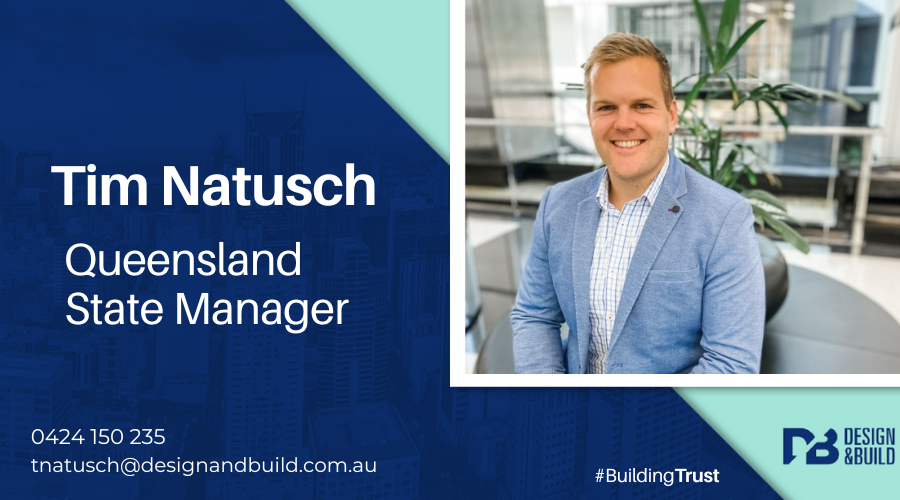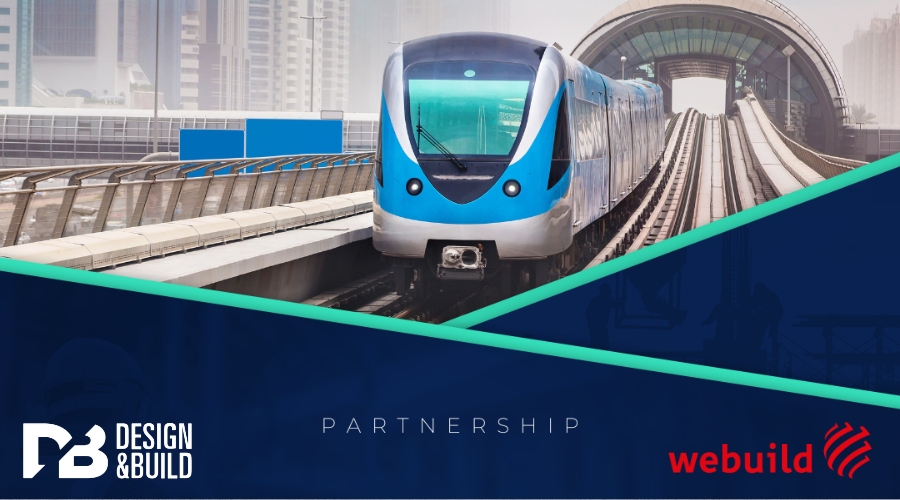10 Tips for a Career Strategy in 2024
By Joao Pedro Marins

Are you feeling that you need a change for your career in 2024? Do you want to explore new opportunities? If so, you're not alone. Many people look to make a career transition when entering a new year.
The concept of a career move has become more diverse than ever. Beyond the traditional notions of climbing the corporate ladder, professionals now consider various possibilities – from seeking promotions to changing industries or transitioning to new companies.
It requires a flexible mindset and a strategic approach tailored to your unique aspirations. But where do you start? In this article, we'll provide you with 10 tips that can help you make a successful career move in 2024. From identifying your reasons for a career change to staying positive and motivated throughout the process, we've got you covered. Let's dive in!
1 - Defining Your Career Objectives
Start by defining what a career move means to you. Are you seeking a promotion within your current company, aiming to switch industries, or exploring opportunities in different organisations? Clearly understanding your objectives will guide your strategy and help you make informed decisions.
Before diving into the job market, take the time for introspection. Evaluate your skills, values, and interests. Set clear, realistic goals for your career change within the public sector to align your aspirations with potential opportunities.
2 - Ask Internally
If you already enjoy working with your current company, consider exploring internal opportunities first. Moving within the same organisation offers advantages such as familiarity with the company culture, established trust, and a quicker onboarding process.
Whether you are considering climbing up the ladder with a promotion, or a side step to a different sector, it’s always best to assess your internal opportunities first before looking elsewhere.
3 - The Promotion Pathway
Climbing the corporate ladder requires a strategic approach. Identify the skills and competencies necessary for the desired role and proactively work on developing them. Seek mentorship within your organisation, express your career goals to your superiors, and actively contribute to projects that showcase your leadership potential.

4 - Approaching new offers
When contemplating a move to a different organisation, approach the transition meticulously. You can partner with recruitment agencies or research potential employers, focusing on their mission, values, and work culture. Tailor your resume and cover letter to highlight how your skills and experiences align with the specific needs of the new company and why you would be a great fit.
5 - Researching Opportunities Across Sectors
If you're considering a shift to a different industry, conduct in-depth research on the sectors you find intriguing. Understand the skills and qualifications required, and assess how your existing expertise can be translated into value in the new industry. Networking with professionals in the target industry can provide valuable insights.
It’s also interesting to stay informed about the latest trends and evolving roles. Identify areas of growth and determine how your skills can contribute to emerging demands, ensuring you are well-positioned for success in your new career.
6 - Understanding Transferable Skills
Recognise the transferable skills from your current role that are applicable to the new position you are looking for. Highlighting these skills will strengthen your candidacy and demonstrate your ability to adapt to specific demands.
7 - Financial Planning
Understand the potential financial implications of a career change. Evaluate your current financial situation, considering any adjustments needed during the transition period. This foresight will provide a realistic perspective on the feasibility of your career change.

8 - Skill Enhancement and Training Opportunities
Identify any skill gaps and invest in relevant training programs. Many roles require specific certifications or qualifications, so ensure you are equipped with the necessary expertise to excel in your new career.
9 - Networking & Social Media Presence
Networking remains a critical aspect of any career move. Whether seeking a promotion, changing industries, or joining a new organisation, connect with professionals in your target field. Attend industry-specific events, join relevant online forums, and cultivate relationships that can provide guidance and open doors to opportunities.
You can also leverage social media platforms and online job portals to expand your professional presence. Actively engage with communities and showcase your expertise. Many organisations use these platforms to identify and connect with potential candidates.
Update your resume, LinkedIn profile, and any other professional platforms to reflect your current skills and accomplishments. Highlight specific achievements that demonstrate your impact in previous roles. A polished online presence is crucial in catching the attention of potential employers and recruiters.
10 - Utilising a Recruitment Agency
Partnering with an experienced recruitment agency can significantly streamline your job search. Agencies have insider knowledge, a vast network and can provide personalised guidance throughout the process, increasing your chances of securing the right position in a career move.
Conclusion
A career move can take various forms, from securing a promotion within your current organisation to venturing into a new offer or deciding on a complete change of scenario/industry.
By defining your objectives, aligning your skills, and adopting a versatile mindset, you can confidently explore the complexities of the modern job market. Tailor your strategy to achieve the unique goals that define your professional journey in the years to come.
If unsure about what transition to take with your career or to have support in finding a new role, don’t hesitate to contact our
specialised team for advice. You can also
upload your resume on our website to hear from us about suitable positions.
Click
here to explore current positions available.
We Recognize You
Please continue on to your Able account
Welcome!
It looks like this is your first time applying. Please continue to create your Able account.







All content copyrighted | Privacy Policy | Cookie Policy | T&Cs | Powered with 🤍 by Shazamme




